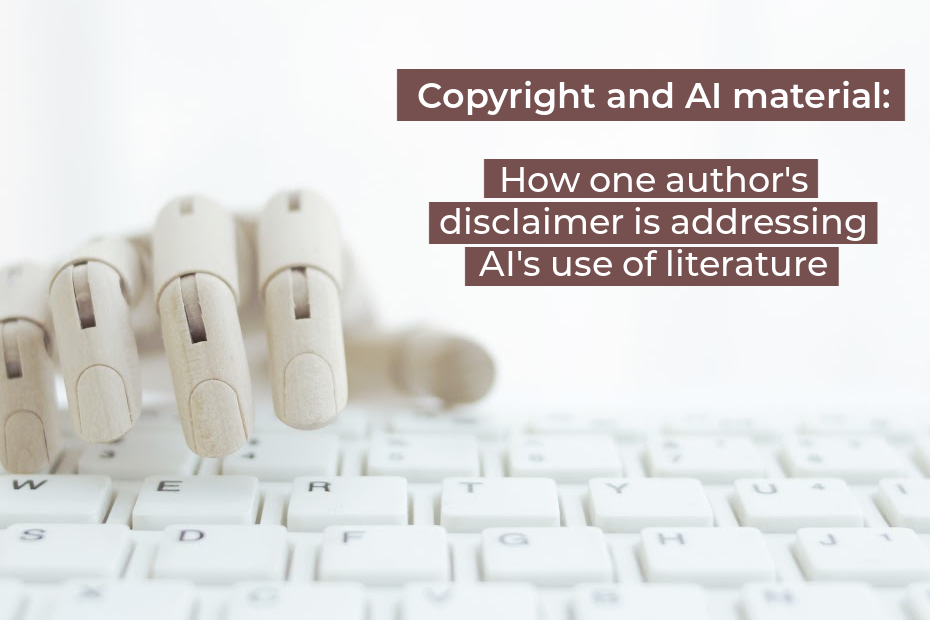How do authors protect against the potential dangers of AI content in a novel? Attune Legal’s Senior Counsel David Heasley explores the legal implications surrounding the use of artificial intelligence (AI) in literary work, particularly in book publishing by examining the unique approach taken by author Eric Thompson in his latest novel, Imperial Dawn.
Like many industries, book publishing is grappling with the overwhelming influence and impact of artificial intelligence (AI).
I would be bold enough to say that the issue of protecting one’s material from AI use has yet to be settled.
However, one author and their publishing house have set an example of how one could do this, choosing – in the words of Gene Roddenberry – “to boldly go where no man (or author) has gone before.”
Technologies capable of generating works
As a book lover, I often buy and download novels onto my tablet. Recently, I downloaded the ninth book in a series and noticed an unusual disclaimer on the title page.
After the standard legal terms and conditions regarding book copyright, there was a unique statement:
“No generative artificial intelligence (AI) was used in the writing of this work. The author expressly prohibits any entity from using this publication to train AI technologies to generate text, including, without limitation, technologies capable of generating works in the same style or genre as this publication. The author reserves all rights to license uses of this work for generative AI training and development of machine learning language models.”
Author: Eric Thomson
This material may be protected by copyright.
This was the first time I had seen a statement like this in a book, and it made me wonder why the author, Eric Thomson, chose to include it.
The unanswered question of copyright ownership in AI-Created material
I speculate that the author (or their publisher) included this statement in response to guidelines in the U.S. regarding AI and copyright, aiming to protect Eric Thomson’s literary work.
In a recent article, I explored who owns copyright in AI-created material and delved into the recent publications from the U.S. Copyright Office. The Copyright Office and courts have stated that AI cannot own the copyright for materials created and that, for now, only a human’s work can be copyrighted.
Fruits of Intellectual Labor
However, the question of ownership for work that relies on generative AI remains unresolved. The recently updated Compendium of U.S. Copyright Office Practices dedicates many pages to explaining “The Human Authorship Requirement.” This requirement states that copyright law only protects the “fruits of intellectual labor” that are “founded in the creative powers of the mind.”
The issue around AI and authorship still needs to be clarified. This issue is sure to keep IP lawyers busy for some time and might keep some awake at night.
I look forward to the challenge it will bring.
At Attune Legal, we are committed to providing our clients with the highest quality commercial law advice and support – including for matters relating to copyright and intellectual property. If you would like to learn more about how we can support both you and your business, you can get in touch with our team here.



